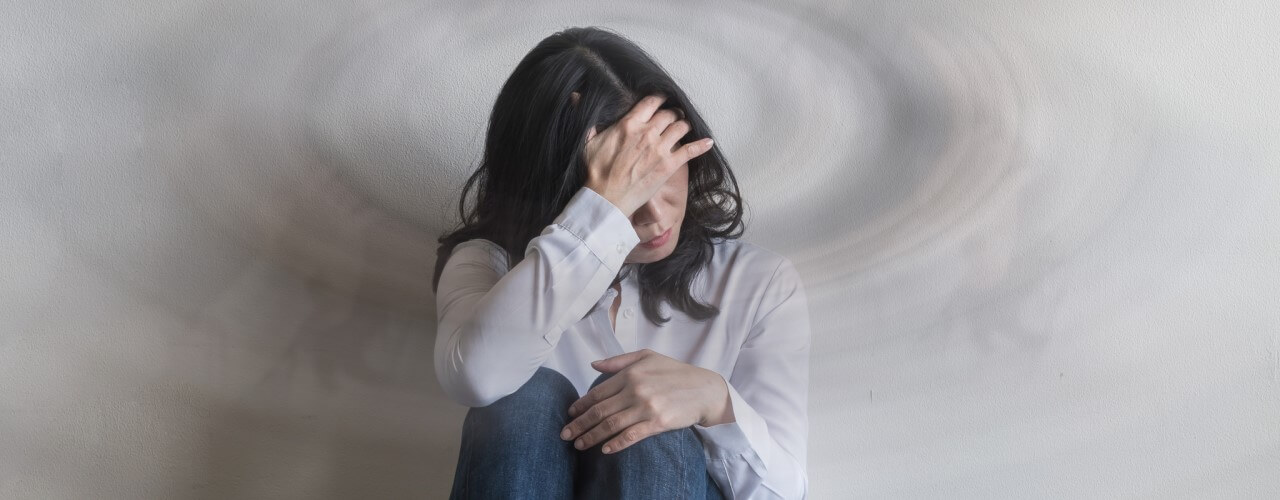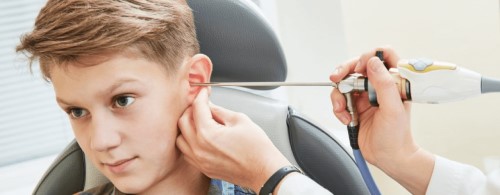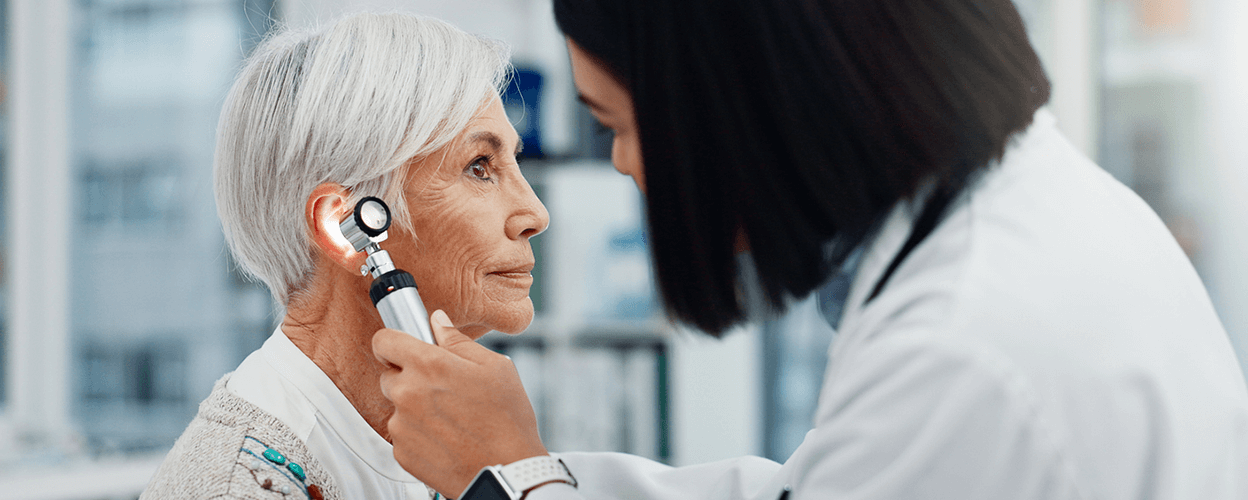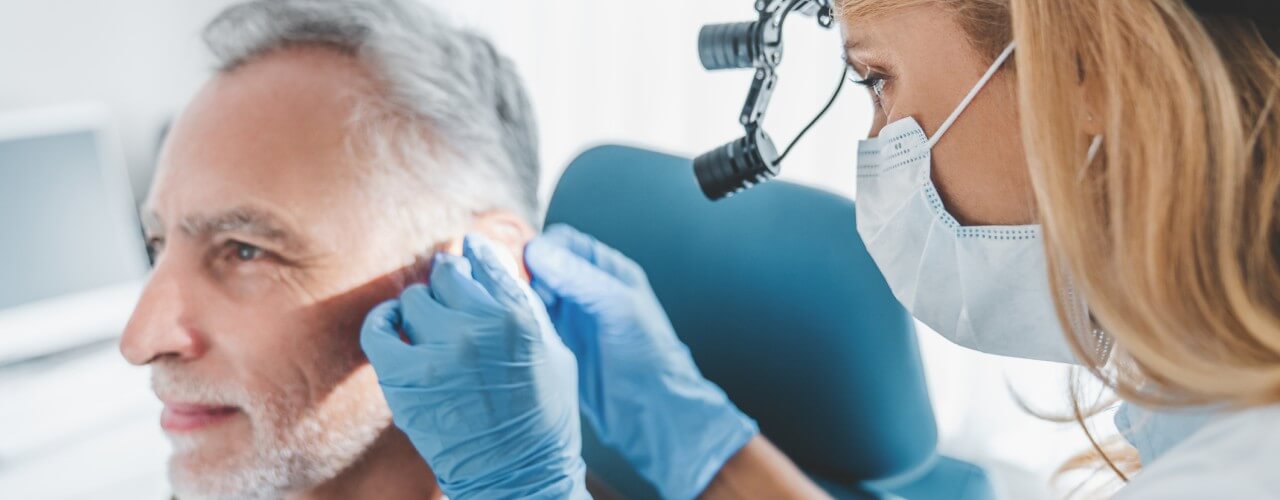What are the treatments for dizziness?
Dizziness can be unpleasant and prolonged - it’s not a condition in itself but may be an indication that there is an underlying problem or illness that needs attention. Treatments for dizziness may range from something as simple as vitamin supplements to lifestyle changes or physical therapy. If you’re experiencing dizziness then the first step is to find out what’s causing it so that it can be treated successfully.
What is dizziness?
It’s the feeling of being lightheaded and often means that you struggle with balance or feel like your surroundings are moving. Dizziness often appears with other symptoms, such as feeling sick, and may have a number of different causes. Some of the most common reasons for dizziness include inner ear issues or motion sickness, circulation problems, hypoglycemia, anaemia, hypotension and benign paroxysmal positional vertigo. Some medications can also cause dizziness and if you have suffered a head injury or stroke this can be another underlying cause.
Treating dizziness
If you start to suffer from dizziness then there are a number of different ways that you can help yourself at home - these include:
- Ensuring you’re properly hydrated. Being dehydrated is a very common reason for dizziness - if you often feel thirsty then this could be the cause.
- Vitamins. Studies have found that vitamins can be useful in treating dizziness. For example, Vitamin C can reduce vertigo while Vitamin D can be helpful when it comes to circulation issues.If you are suffering dizziness as a result of anaemia taking iron supplements can help to correct this.
- Lifestyle changes. As well as drinking enough water, reducing your intake of caffeine, alcohol, tobacco and ensuring you’re getting enough sleep are all essential.
- The Epley Maneuver. Particularly if your dizziness is the result of problems with your ears this maneuver can be very useful. Sit on a flat surface, turn your head half way to the right and then lie down with your head in this position. After 30 seconds turn just your head half way to the left. After another 30 seconds turn your body to the left too so that you’re entirely on your left side. Sit up on your left side after another 30 seconds reclined.
In addition to these changes, treatments such as acupuncture have been found to be effective where dizziness is concerned. Physical therapy can be useful, in particular a type called vestibular rehabilitation. There may also be medication that you can get from a doctor that will treat the underlying condition and so have an impact on your dizziness too. For example, you may be prescribed diuretics to help treat Meniere’s Disease, which triggers a build up of fluid in the ear that can cause dizziness. Antihistamines and anticholinergics may also be useful where there is an underlying problem that is responsible for your dizziness.
As dizziness is not a condition on its own it’s essential to identify the underlying cause if you want to be able to treat it quickly and efficiently. This will then give you the information that you need to treat dizziness so that it doesn’t become an ongoing problem.













